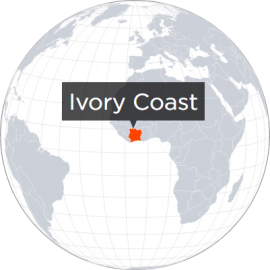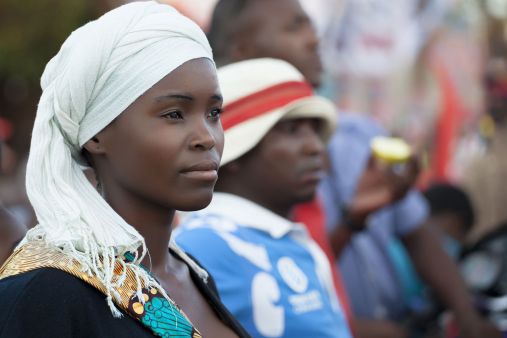The most developed countries perform well but there are symptoms of malaise.
Looking at the top group of the Index and analysing the state of prosperity in the West, we find that in the most prosperous countries prosperity has plateaued. While in the long run, Western liberal democracies have consistently performed well across a range of metrics, there are also signs of fragility. There has been a plateauing and decline of real incomes of the working classes due to a failure to adjust to major economic shifts. As a result, three patterns have emerged: the growing sense of being ‘left behind’, citizens’ dissatisfaction with the performance of their democracies, and the rise of populism. Since the mid-1990s, the proportion of citizens who are ‘dissatisfied’ with the performance of democracy in their countries has risen by almost 10% globally.
The diverging economic trajectories within countries are combining in a harmful way with the decline in social capital. The symptoms of malaise, from rising loneliness and mental health struggles to declining institutional trust, are a consequence of the decline in the essential characteristics of a liberal democracy – virtue, community and national identity. And yet, there is a caveat to the story – in the rest of the world, social capital is on the rise, allowing more and more people to live in inclusive societies.






